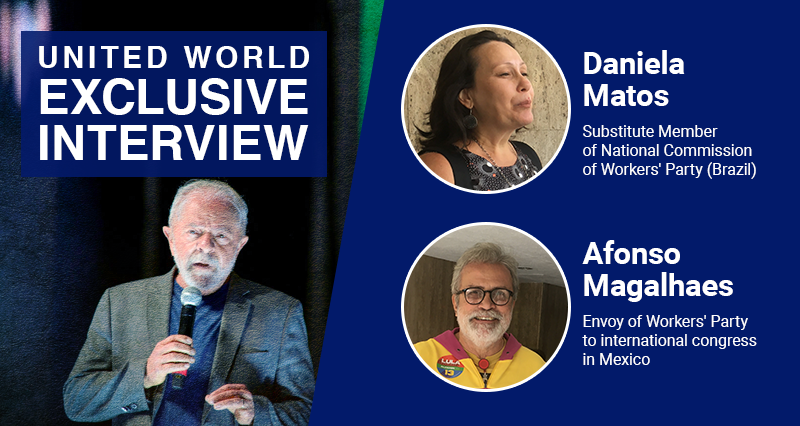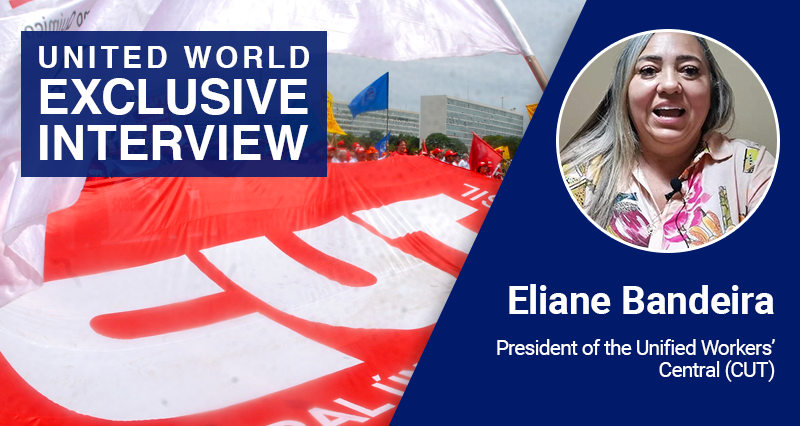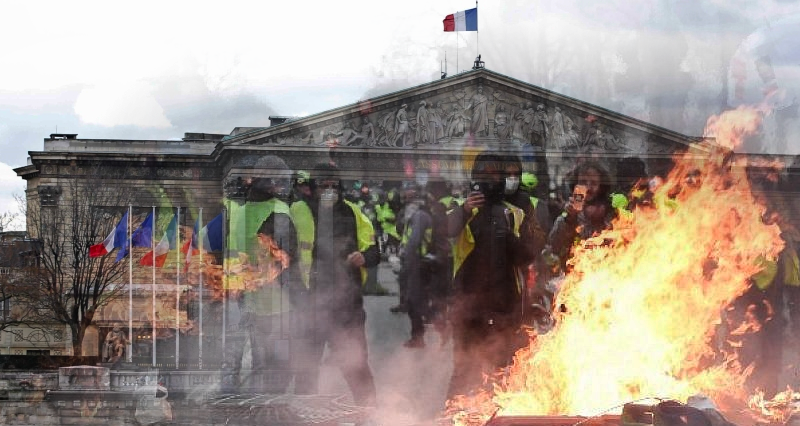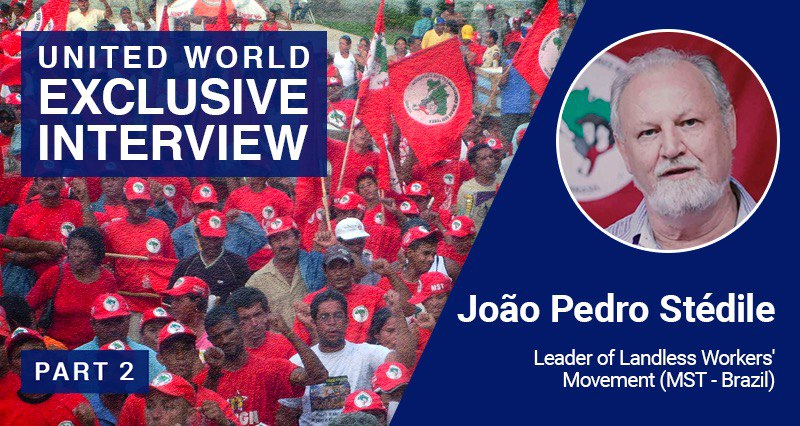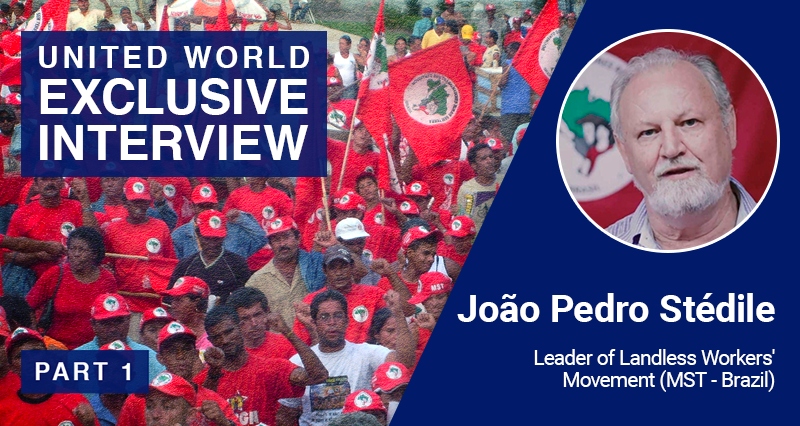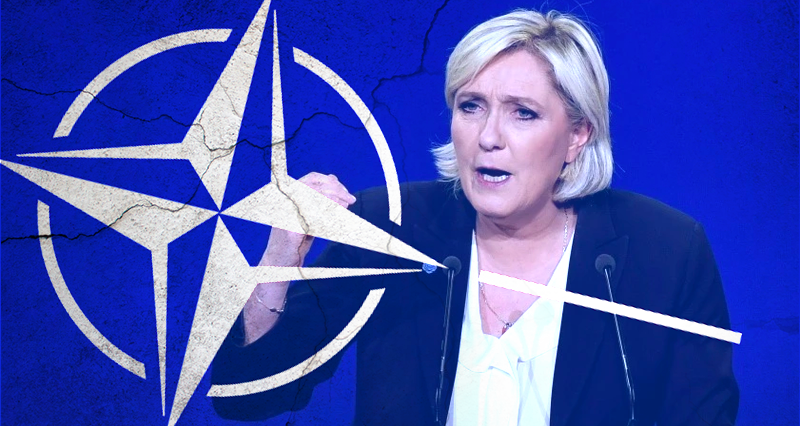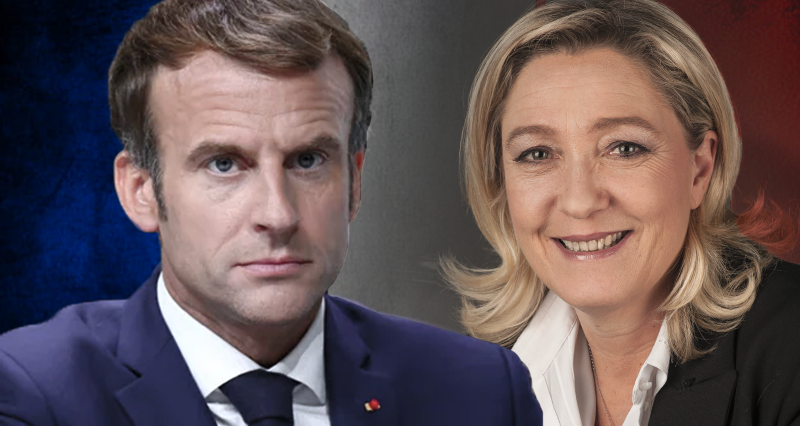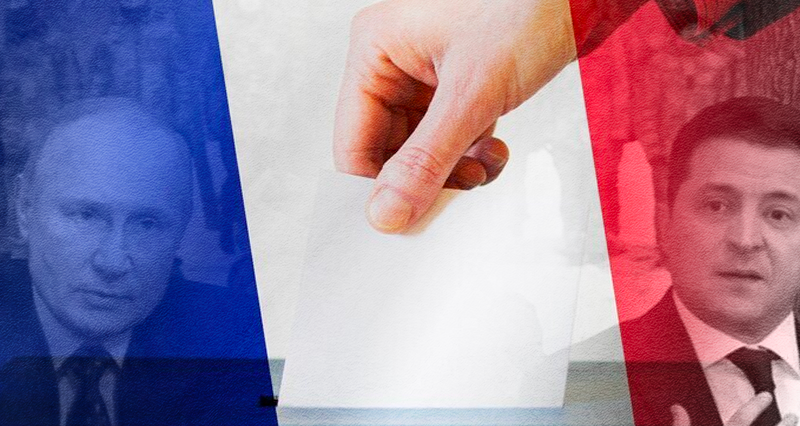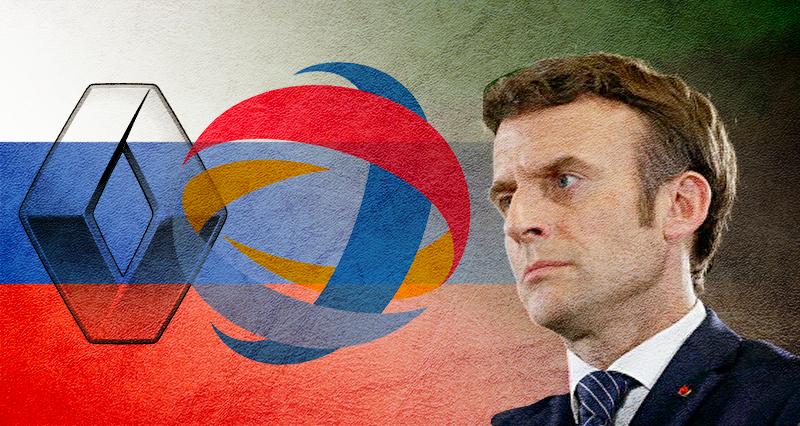Brazil has completed the first round of presidential elections, with favorite candidate Lula da Silva from Workers’ Party taking the lead. On October, the second round will take place, with Lula competing solely with incumbent President Jair Bolsonaro. Ahead of the second round, we spoke with representatives of the Workers’ Party about Lula’s expected foreign policy. Our interlocutors were Daniela ...
The most dramatic evaluation on the Colombian presidential election results of past Sunday came from the Washington Post. Take a read: “For more than two centuries, Colombia was considered a conservative stalwart in Latin America. Even as leftist governments came and went across the region, a center-right political establishment remained in control — a continuity that cemented the country’s role ...
Reporting from Natal, Rio Grande do Norte The Unified Workers’ Central from Brazil (CUT) was founded in 1983, when the country was still going through the last military dictatorship (1964-1985). The (CUT), along with the Workers’ Party (PT) and the Landless Rural Workers’ Movement (MST), was one of the key organizations that challenged the Brazilian military’s strikes in automobile factories ...
Colombia heads today, May 29 to presidential elections. Gustavo Petro, candidate of the Colombia Humana, heads to polls, but failing to pass the 50% threshold to win the elections in the first round. The second round between the two leading candidates is scheduled for June 19. Ahead of the elections, we spoke with Gloria Flores Schneider, a member of the ...
By Odile Mojon-Cheminade * Despite a protest vote that has grown significantly during his mandate, Emmanuel Macron has been re-elected. A re-election that seemed, against all odds, very likely. For as brilliant as the strategy that allowed him this stunt was – letting the media do the campaigning for him while his opponents were sabotaging themselves – his re-election leaves ...
Sent from Rio Grande do Norte, Brazil During the end of March and April, United World had an incredible opportunity to share the intense political agenda of Joao Pedro Stédile, accompanying him through various locations in, one of the most representative states of the Brazilian northeast, Rio Grande do Norte (RN). The leader and National Coordinator of the Landless Workers ...
United World International expert Onur Sinan Güzaltan evaluated the presidential elections held in France to China Radio International (CRI). We share Güzaltan’s evaluations on the issue as published on China Radio International’s web site. France is heading towards a double-headed administration Describing Macron’s re-election as President with 58.5% of the votes as a “pyrrhic victory”, Guzaltan stated that the political ...
Sent from Rio Grande do Norte, Brazil Exclusively for United World, João Pedro Stédile, leader of the Landless Movement (MST), analyzes the history and current situation of the Brazilian peasant movement, as well as the current political situation in Brazil, on the eve of the electoral campaign that heralds the return of Lula to the presidency of the South American ...
Vatan Party Chairman Doğu Perinçek held a press conference on April 18th 2022 at the Party’s Headquarters in Ankara. Perinçek called the Turks, Algerians, Arabs, all Muslims, Africans and French friends to “vote for Marine Le Pen”. Perinçek stated the following: A blow to US imperialism from inside the Atlantic system The Presidential election to be held in France on ...
The first round of the Presidential elections in France took place in the shadow of the Russia-Ukraine war. According to the official results, Emmanuel Macron, who received 27.6% of the votes, and Marine Le Pen, who received 23.4% of the votes, were the candidates who made it to the second round. The first round’s surprise was that Jean Luc Mélenchon, ...
By Ali Riza Tasdelen The French presidential election is only three weeks away. The first round of the elections will be held on April 10th 2022. If any candidate fails to win an outright majority in the first round, the two candidates with the most votes will compete in the second round on April 24th. To participate in the elections, ...
The French capital and enterprises feel discomfort of the sanctions imposed by the US against Russia. Total, Donone, Auchan, Leroy, Merlin and other companies are dragging feet to in retreating from the Russian market despite US insistence. Renault has declared to stop operations in Russia in a last minute decision. Pro-Atlantic forces in France meanwhile continue their pressures and even ...







